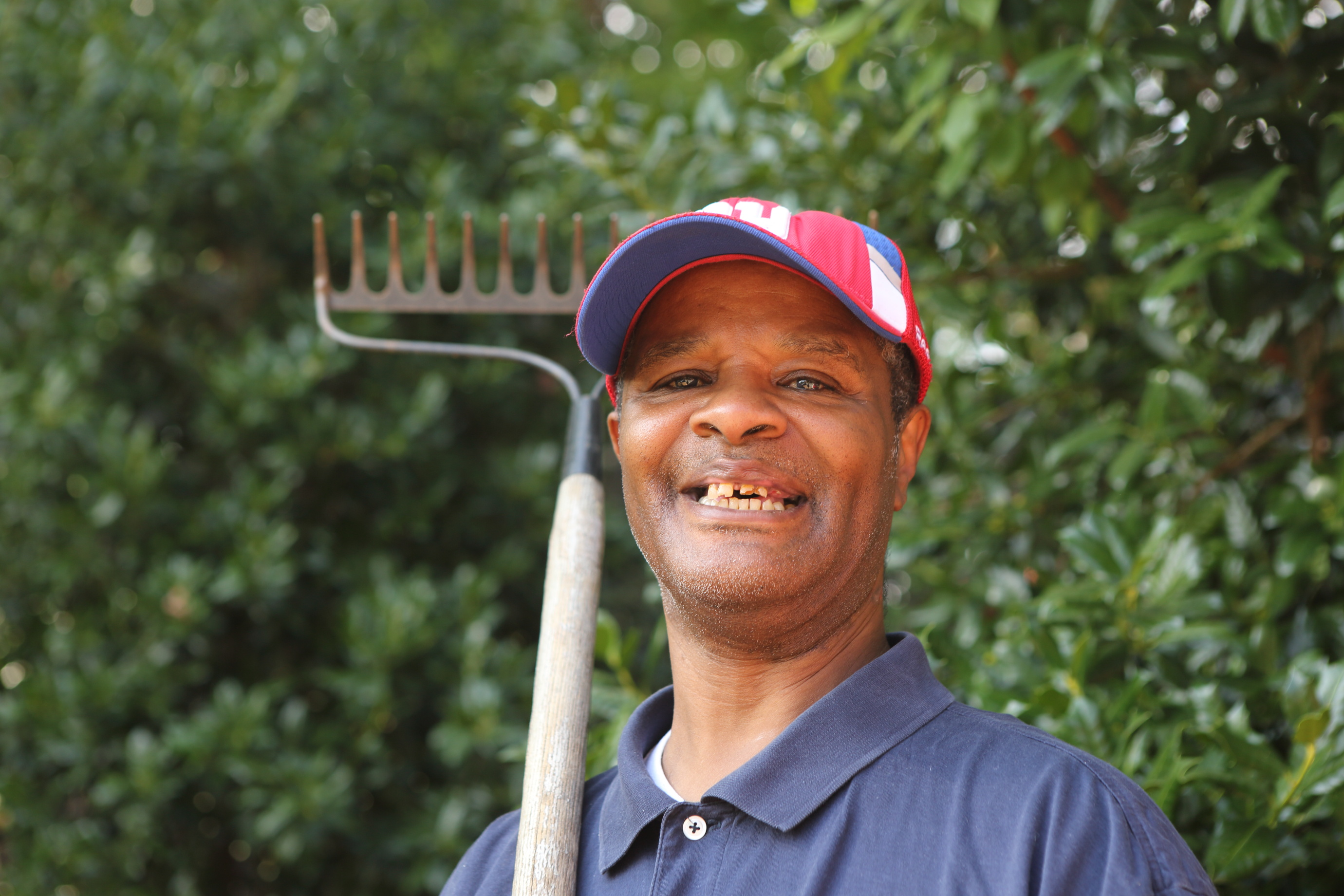Occupy Wall Street: Unintended Consequences
Posted on November 30, 2011
The movement known as Occupy Wall Street is an ongoing protest that began September 17, 2011 and has inspired more than 100 cities across the U.S. to join. At first glance, it may seem that the concerns of the movement and the protesters reflect many issues that impact individuals and families experiencing homelessness. Indeed, there is a substantial overlap among the two groups with respect to affordable housing, health care, and educational opportunities, employment, wages, and the general high cost of living for low-income Americans, to name just a few. Unfortunately and perhaps unintentionally, the protests have resulted in some negative consequences for people who are homeless, causing some to wonder just how representative this movement really is.
Ironically, many protest encampments occupy sites already frequented by homeless individuals, thereby displacing these individuals from the only “home” they have. Richmond’s Kanawha Plaza provides a perfect example. In early August, volunteers with the 1,000 Homes For 1,000 Virginians Richmond Campaign counted more than 50 homeless individuals sleeping on the benches at Kanawha Plaza, in the shadows of the Federal Reserve. Two months later, protesters usurped the space and installed tarps, tents, and camping equipment. Similar problematic displacements occurred in cities across the country.
The resulting backlash has been even more problematic.
Cities have spent millions of dollars to evict protestors from parks, plazas, and other public spaces and have subsequently implemented laws to enforce these evictions that prohibit homeless individuals from sleeping in these very same spaces. According to Heather Maria Johnson, a civil rights attorney at the National Law Center on Homelessness and Poverty, their organization has noticed a nationwide increase in laws that criminalize homelessness, including laws that prohibit sleeping, sitting or storing belongings in public spaces, even when there is insufficient shelter space. For example, Denver Mayor Michael Hancock recently supported new legislation that would ban homeless people from sleeping in public places overnight. In another statement he added that he “didn’t want to allow protestors to set the precedent for sleeping in tents in the public parks.”
Another disturbing trend has been the increase in assaults and miscellaneous misdemeanor crimes in which homeless individuals are either the victims or unjustly presumed to be the perpetrators. Again, the search for an example takes us no further than Richmond’s Kanawha Plaza where, on October 21, a homeless woman claimed she was sexually assaulted during the downtown protest at 11 p.m. She claimed, “…that while sleeping she was attacked by a man she identified as one of the dozens of protestors sleeping inside the park.” A representative of Occupy Richmond insisted that the attacker was not a protestor even though he slept in the plaza.
No matter how hard life is for “the 99%”, their hardships can’t compare to the true hardship of homelessness. The irony is that this movement, however genuine its original intentions, has made life even more difficult for our own community’s most vulnerable citizens. Sadly, protestors are putting a bad taste into the mouths of politicians and homeless people are paying the price for it.
We at Virginia Supportive Housing know that sleeping in public spaces is not an acceptable option for anyone. Long-term homelessness compromises physical, mental, and emotional health, creates barriers to employment, health care, and other services, and over time leads to premature death. It should not be trivialized through empty protest, nor should it be criminalized. So what is the right response? Instead of symbolic demonstrations, we encourage community members to join our efforts to end the tragedy of homelessness once and for all and we offer opportunities to take real action right now. To learn more about how you can be a part of our mission to end homelessness, click here.


